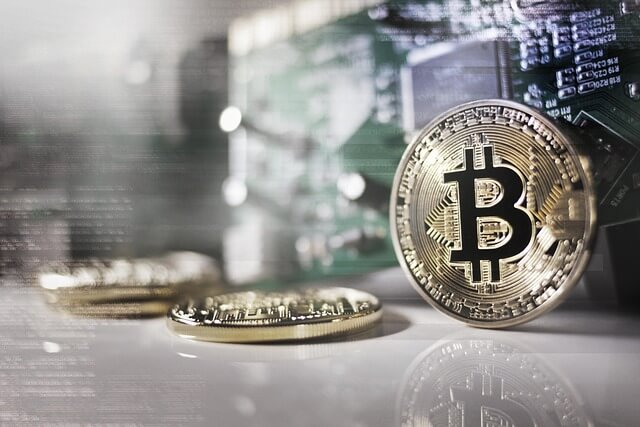When Indonesia’s Currency Meets Bitcoin in a Battle of Trust
In Indonesia, two forms of value now share the stage. One is the long-standing national currency that pays wages and anchors prices. The other is a digital asset that moves without borders or central control. Each represents a different idea of security. When people compare the BTC to IDR rate, they are not only watching numbers; they are watching two systems trying to earn faith from the same audience.
The rupiah carries history and familiarity. It connects to salaries, savings, and everyday life. People understand its rhythm, even when inflation or policy changes affect its strength. Bitcoin, on the other hand, speaks to independence. It appeals to those who want flexibility and personal control. Where the rupiah offers reliability through governance, Bitcoin offers freedom through code. That contrast has created a quiet competition across Indonesian markets.
This competition is not hostile. Many traders see it as balance. They use rupiah for living and Bitcoin for protection. As prices shift, they move between the two, looking for stability where they can find it. In times of local currency weakness, Bitcoin often feels like a shield. When the global market turns rough, the rupiah’s predictability brings comfort. The back-and-forth between them keeps participation steady and measured.

Image Source: Pixabay
Technology made that exchange possible. Easy-to-use apps now link local bank accounts with crypto platforms. Transactions take seconds, and transparency encourages wider use. This access has drawn in young professionals and small businesses, many of whom once saw finance as distant or complex. Now they experiment with small conversions, turning curiosity into confidence. Each transfer deepens familiarity with both systems.
Government supervision gives this space its boundaries. Indonesia’s regulators monitor trading closely, setting clear standards for exchanges and taxation. That control keeps fraud low and encourages cooperation rather than conflict. The rules remind traders that innovation and oversight can coexist. For many, knowing that crypto operates within visible limits makes participation less intimidating.
Still, the emotional factor remains powerful. News headlines or global price shocks can shift perception overnight. When Bitcoin rallies, some interpret it as proof that digital value is the future. When it falls, the same voices call for renewed loyalty to traditional money. These swings create conversation and reflection. They force people to consider what trust really means in a financial sense belief in authority or belief in technology.
At street level, the divide isn’t clear-cut. Market vendors, freelancers, and young investors often use both forms of value without choosing sides. They keep daily earnings in rupiah but set aside small digital holdings as a hedge. The experience teaches flexibility. Over time, people start to see value as fluid, not fixed to one medium. That change in mindset may be the most lasting effect of this interaction.
The BTC to IDR movement also mirrors Indonesia’s openness to global change. As cross-border business grows, exposure to digital assets becomes part of everyday trade. Companies that once avoided crypto now accept payments in it. Families receiving remittances explore conversion options for better rates. What started as an experiment has become part of economic life, shaping habits that stretch far beyond urban centres.
Trust, however, is earned slowly. The rupiah benefits from history and national identity. Bitcoin depends on transparency, supply limits, and the resilience of its technology. Both can fail; both can recover. The outcome of their coexistence will likely depend on how well Indonesians learn to use each wisely, neither worshipping nor rejecting either one completely.
This battle of trust may not produce a winner. It might instead create a partnership that keeps the system balanced. As technology advances and financial literacy deepens, Indonesians are learning that confidence can exist in more than one form. The ongoing dance between Bitcoin and the rupiah reminds them that stability and innovation need not oppose each other; they can share the same stage if managed with care.

Comments